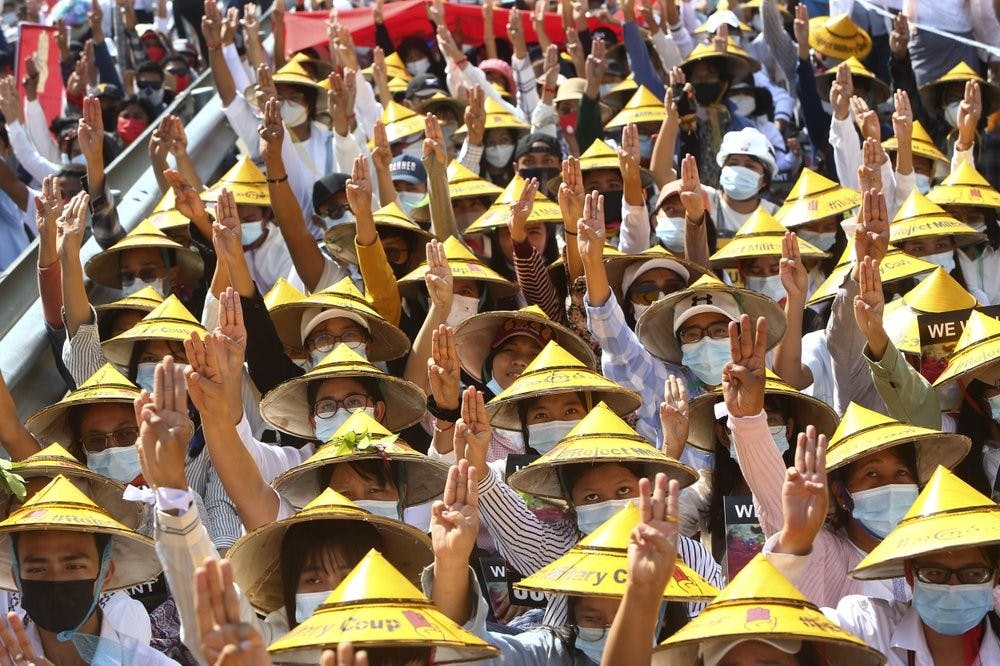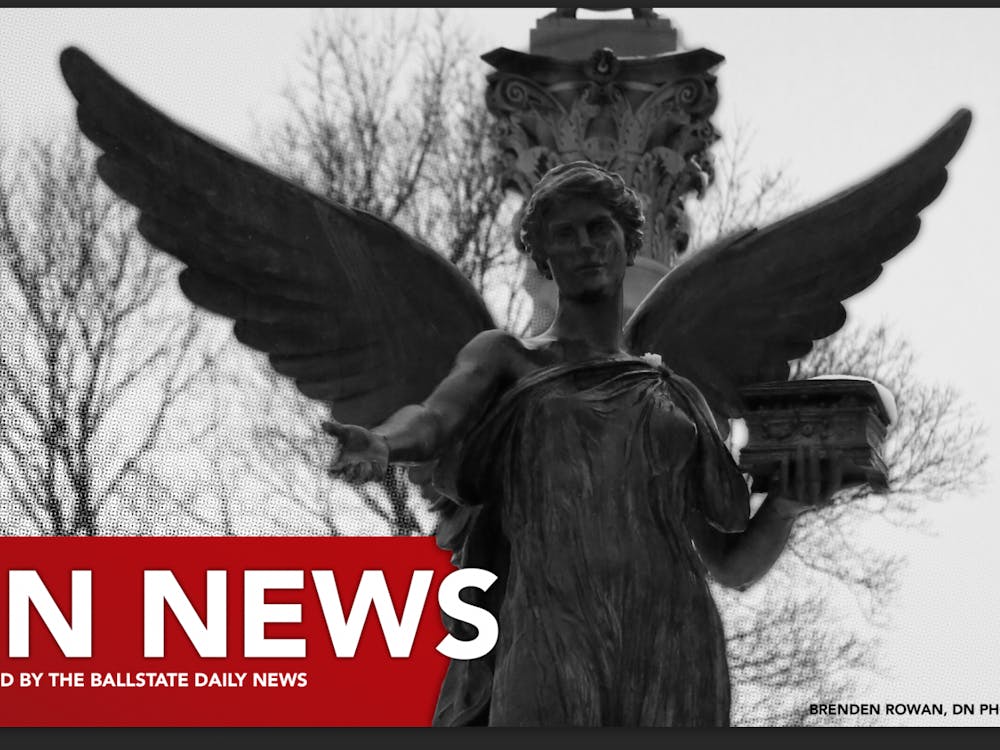Editor’s Note: This listicle is part of a weekly series by The Ball State Daily News summarizing five stories from around the world. All summaries are based on stories published by The Associated Press.
The United Kingdom announces new goals for every adult to get their first shot of a COVID-19 vaccine by July 31, protests in Myanmar grow despite military threats of lethal force, Argentina's health minister resigns, a Moscow court rejects opposition leader Alexei Navalny's appeal of his prison sentence and Iran plans to allow less access to its nuclear program make up this week's five international stories.
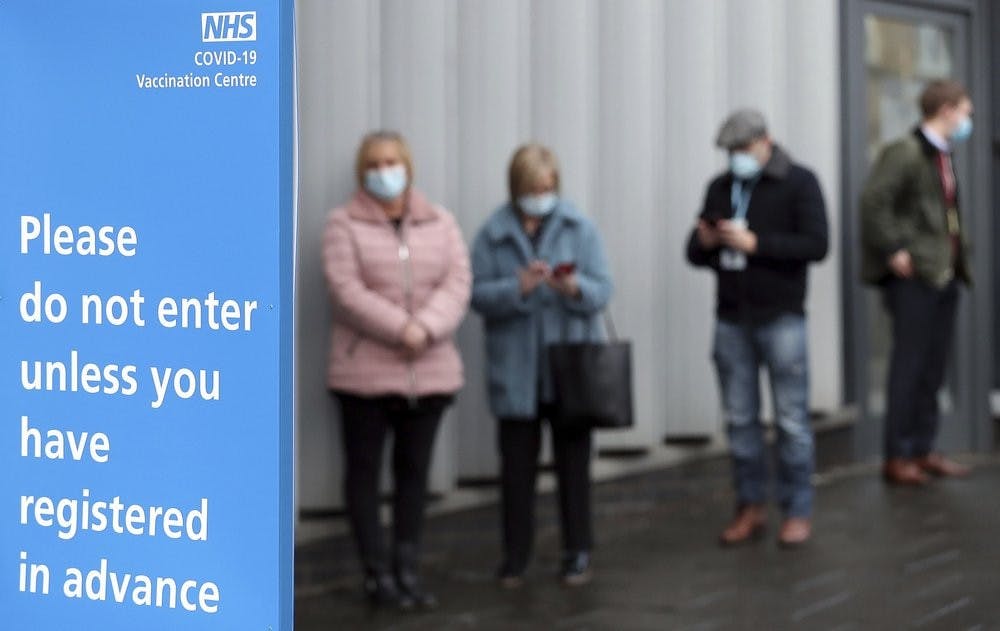
UK speeds up vaccinations: All adults get first jab by July 31
The British government declared Sunday that every adult in the country should get a first coronavirus vaccine shot by July 31, at least a month earlier than its previous target, as it prepared to set out a “cautious” plan to ease the U.K.’s lockdown. The previous aim was for all adults to get a jab by September. The new target also calls for everyone 50 and over and those with an underlying health condition to get their first of two vaccine shots by April 15, rather than the previous date of May 1. Britain is delaying giving second vaccine doses until 12 weeks after the first, rather than three to four weeks, in order to give more people partial protection quickly.
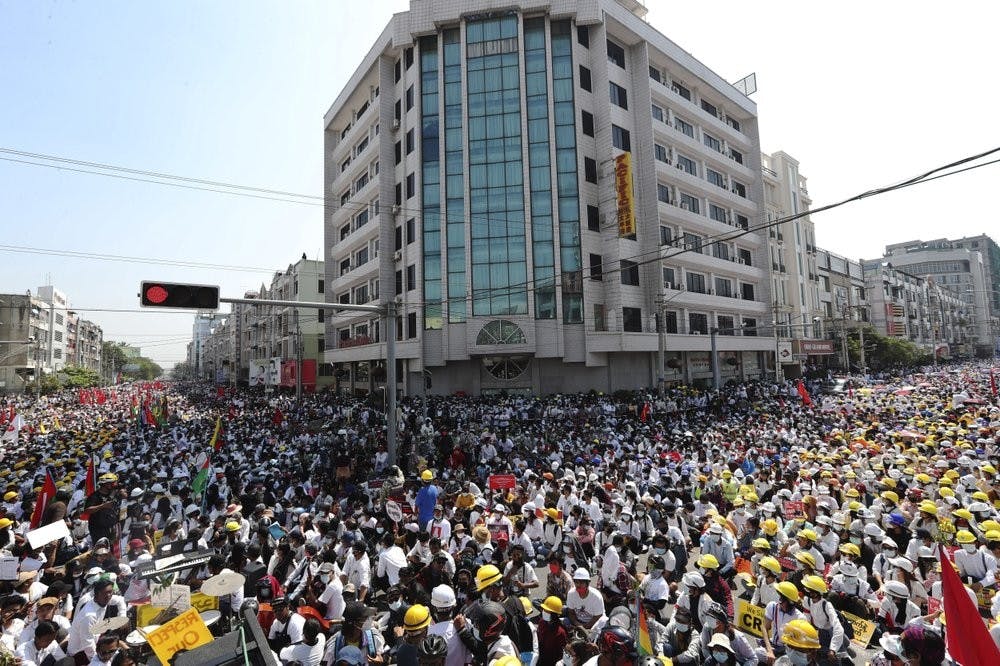
Protests swell after Myanmar junta raises specter of force
Protesters gathered in Myanmar’s biggest city on Feb. 22 despite the ruling junta’s threat to use lethal force against people who join a general strike against the military’s takeover three weeks ago. Factories, workplaces and shops were shuttered across the country Monday in response to the call for a nationwide strike. More than 1,000 protesters gathered near the U.S. Embassy in Yangon despite barriers blocking the way, but left to avoid a confrontation after 20 military trucks with riot police arrived nearby. Protests continued in other parts of the city, including next to Sule Pagoda, a traditional gathering point.
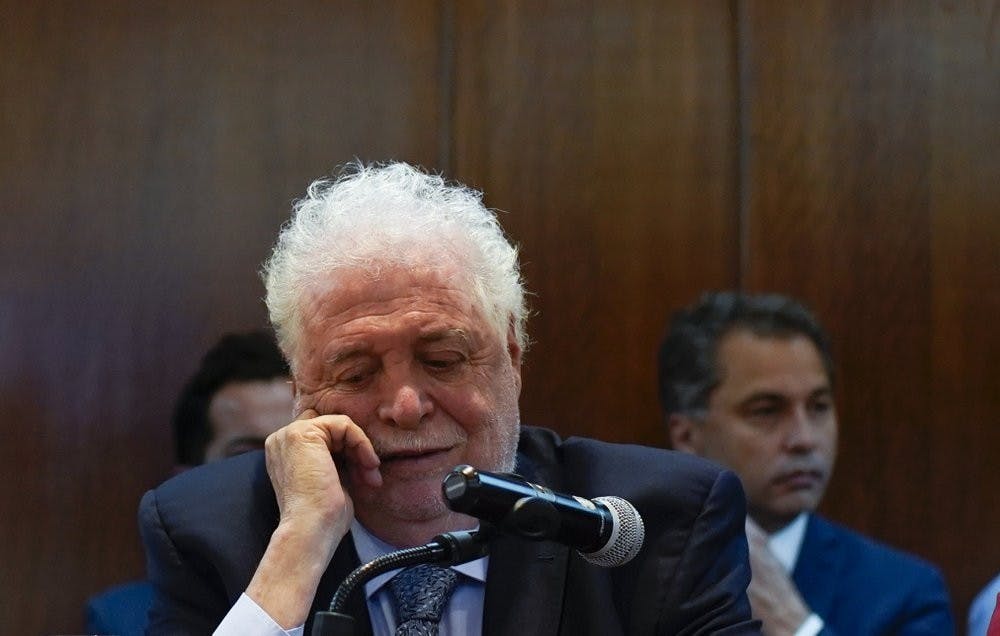
Argentine health minister resigns amid vaccine scandal
President Alberto Fernández removed Argentina’s health minister Ginés González García Feb. 19 after a well-known local journalist said he had been given a coronavirus vaccination preferentially after requesting one from the minister. The firing comes on the heels of reports in recent days that mayors, legislators, activists and people close to political power received vaccine shots despite not being in the priority group of doctors, health personnel and the elderly authorized to receive them. In a Twitter post, González Garcia said he acceded to the president’s request to step down, but insisted he was forced out over a “misunderstanding.”
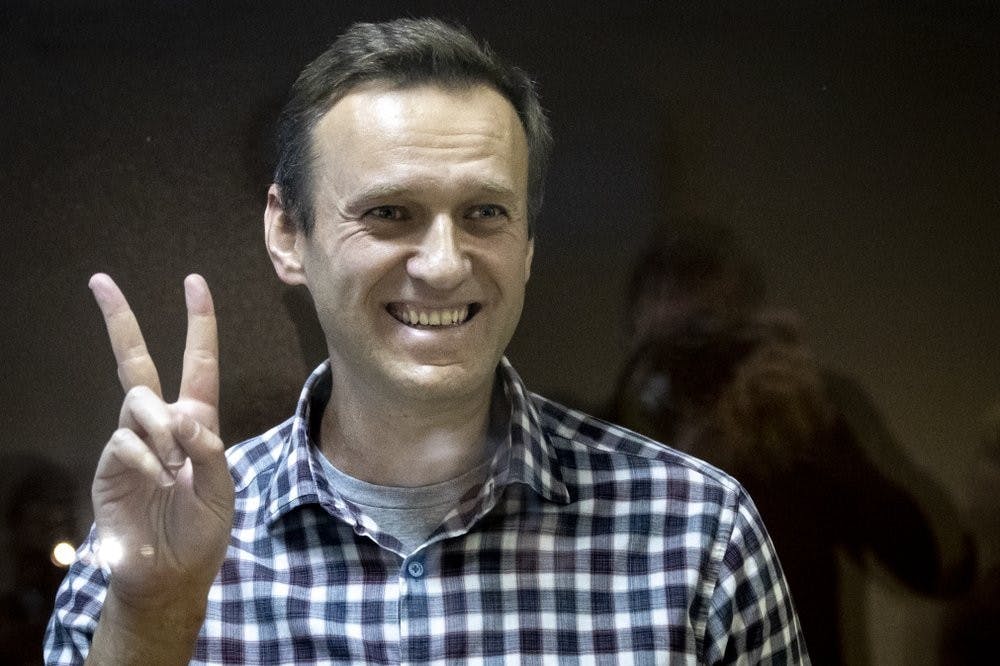
Moscow court rejects opposition leader Navalny's appeal
A Moscow court on Feb. 20 rejected Russian opposition leader Alexei Navalny’s appeal of his prison sentence, even as the country faced an order from a top European rights court to free the Kremlin’s most prominent foe. Navalny, 44, an anti-corruption crusader and President Vladimir Putin’s most vocal critic, was arrested on Jan. 17 upon returning from Germany, where he spent five months recovering from a nerve-agent poisoning that he blames on the Kremlin. Russian authorities have rejected the accusation. His arrest and imprisonment have fueled a huge wave of protests across Russia.
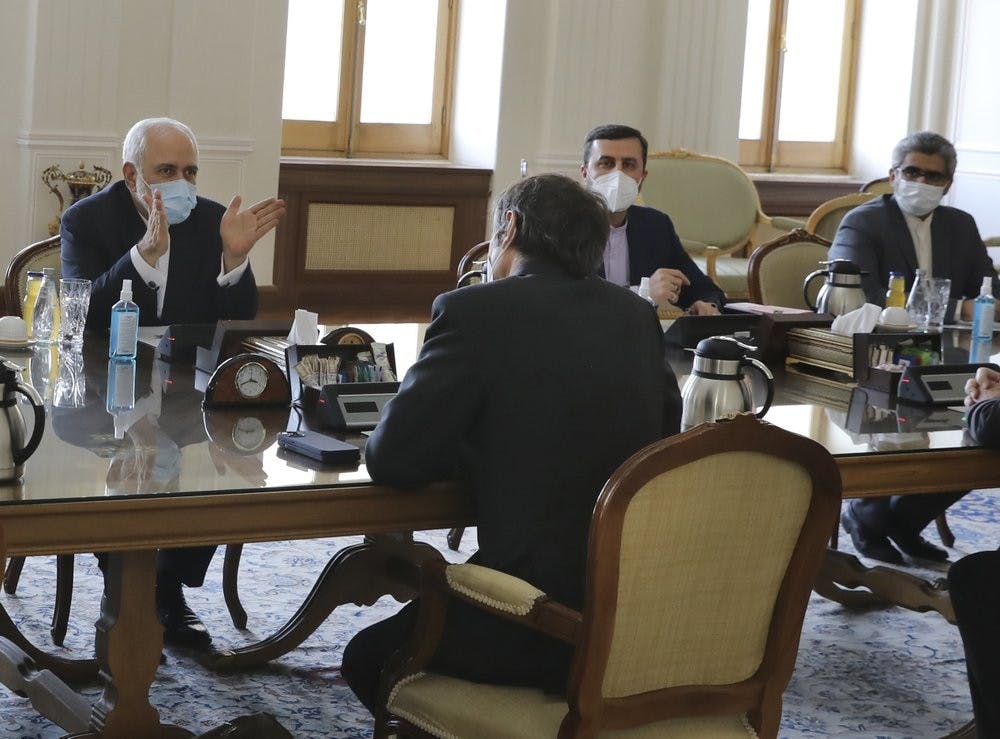
UN nuclear chief says Iran to grant 'less access' to program
Iran will begin to offer United Nations inspectors “less access” to its nuclear program as part of its pressure campaign on the West, though investigators will still be able to monitor Tehran’s work for up to three months, the U.N. atomic watchdog’s chief said Feb. 21. Rafael Grossi, the International Atomic Energy Agency (IAEA) director general, offered few specifics of the agreement he had reached with Iranian leaders. Iranian Foreign Minister Mohammad Javad Zarif, who under President Hassan Rouhani helped reach the atomic accord, said the IAEA would be prevented from accessing footage from their cameras at nuclear sites.

